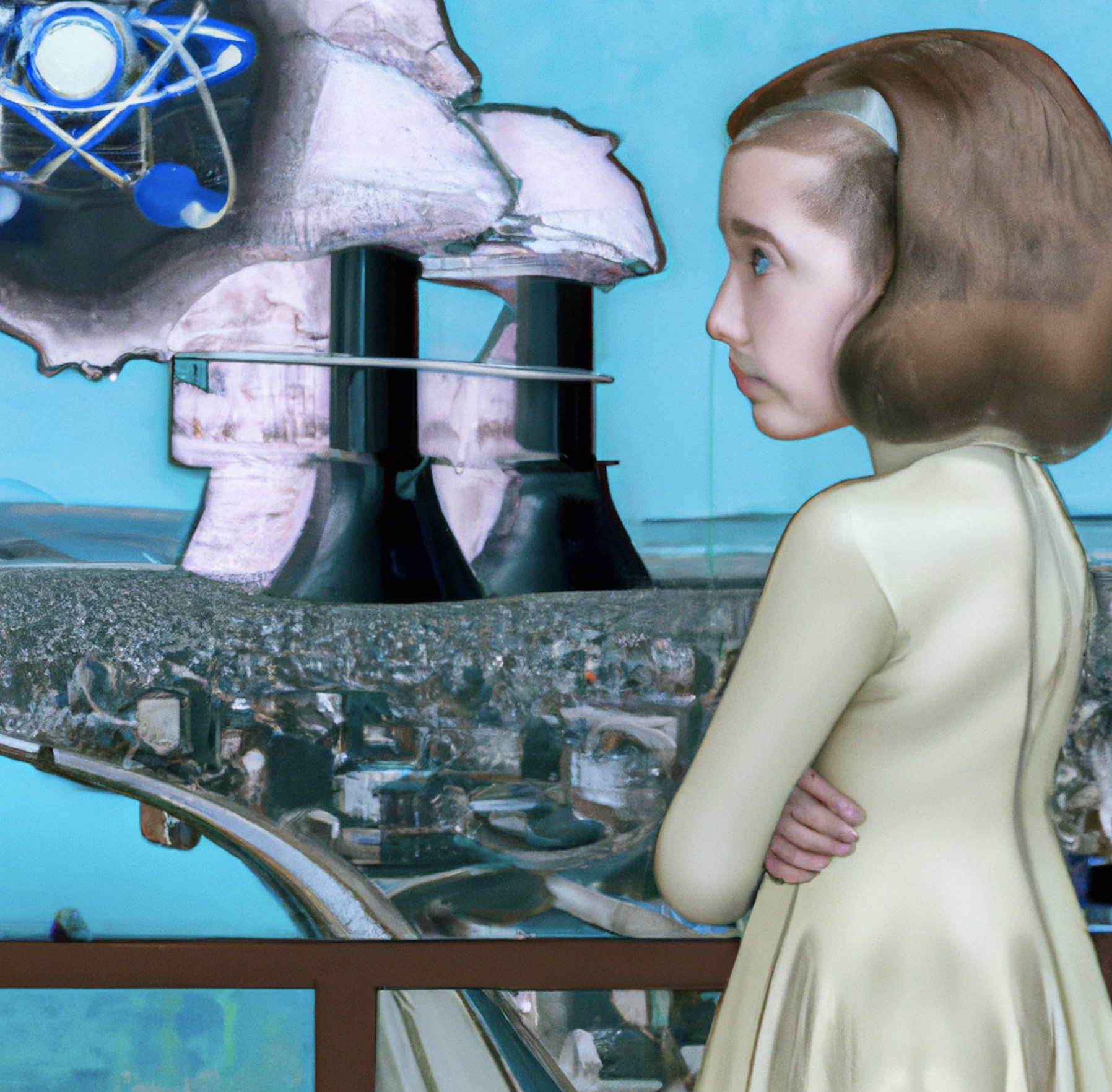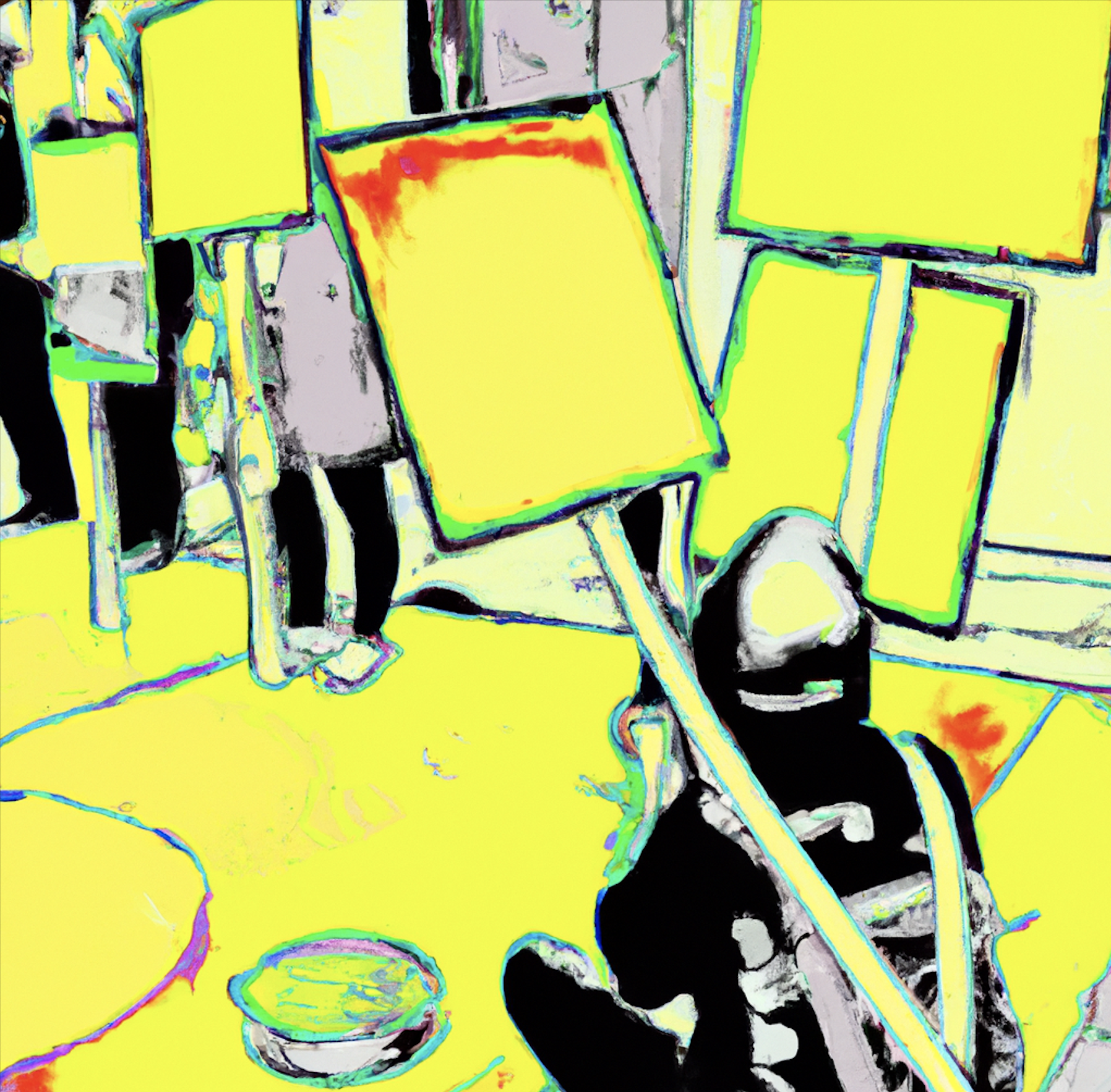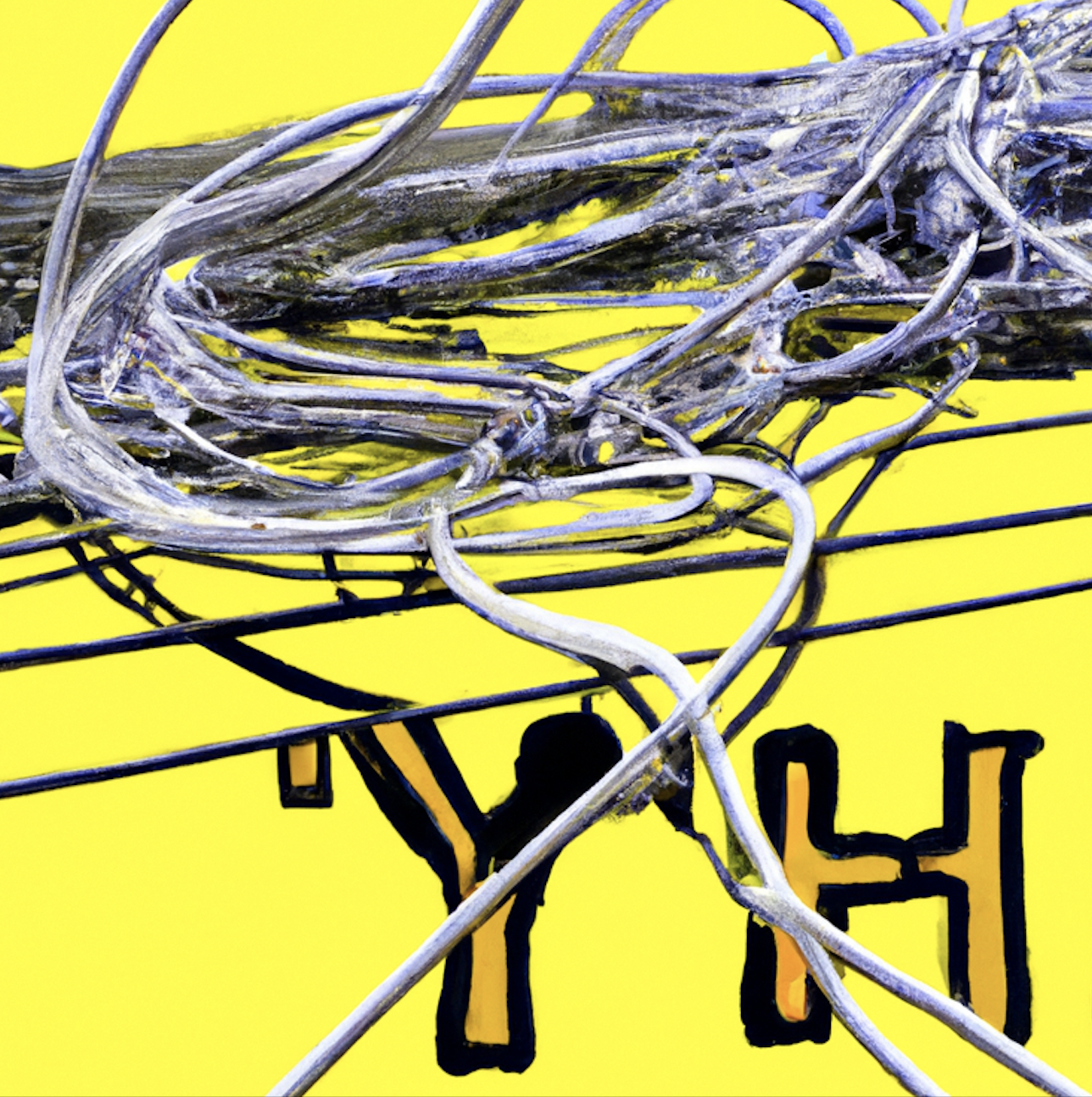by Adrian Atkinson
Adrian Atkinson writes from Tblisi about the end of oil, the post-fossil fuel future and our options for sustainable food production.

Here are some immediate reactions from where I happen to be these weeks, to seeing and ruminating on the piece out of my 2006 ‘Cities after Oil 1’ currently floating on the CITY web site, together with the the wonderful pictures of the Baku oil wasteland – just 500 Km from where I am writing this note – from where can I see the long trains of black poison passing through every few hours, making their way from Baku to the Black Sea for export to points west, as they have done since the railway line through Georgia was opened in the late 19th century.
My ruminations are constantly around two things: What to do to ameliorate problems in the next few years as
1. Energy supplies decline and the food crisis, etc., grows (the world just crossed the billion mark in terms of people who go to bed hungry) and at the other end,
2. That ‘modern civilisation’ = fossil fuel, and as this declines, where will we end up?
In Europe – and above all the US – there is no notion of a stable civilisation from whence modernity took off two hundred plus years ago, with the start of the exploitation of coal. As I have written again and again in the pages of CITY and elsewhere but seem never to have any response on: the notion of ‘progress’ and ‘development’ is a peculiar – even bizarre – notion of the human predicament, that we seem entirely unable to see it objectively for what it is: an idea, eventually, inevitably fatal, around which ‘we occidentals’ structure our lives, and have eventually, pied piper like, brought the rest of the world to see the same way. Temporarily.
Elsewhere in the world, until the rest of its people were bludgeoned and otherwise swept up into the maelstrom of occidental progress and development, life was always a matter of trying to live well with a particular (cultural) idea of what this meant, without any open-ended idea of change.

And so a return to post-fossil fuel culture is just par for the course with regard to the twists and turns of civilisation over the past few thousand years. I see this particularly clearly from where I sit now, in Georgia – where the Argonauts found the Golden Fleece and where there has been a good enough life when foreign marauding forces left the population in peace – which hasn’t unfortunately been too often.
We can see at least 2,000 years of a modest civilisation (pleasing architecture, fine handicrafts and other arts, good food and wine – which the Georgians invented: what more do you want?) to which ‘after oil’ they can (thankfully?) return!
So what am I doing in Georgia? In brief, I am assisting, with EC funding (‘development work’), in improving the functioning of the metropolitan area of Tbilisi. This has various dimensions but the main theme just emerging, and which I am pushing hard, is food supply for the city.
There is as yet only a vague idea that soon the global food crisis will wash over them, tsunami like, as it is already doing elsewhere. At present most of the food eaten in Tbilisi, the capital of Georgia, rolls in in an endless stream of giant trucks from Turkey and Armenia – much of it actually produced by multi-nationals who use these countries as places to process and package food (the ingredients being sourced globally) for distribution throughout the Caucasus and Central Asia. This is actually absurd in that there is rich agricultural land in the immediate surroundings of Tbilisi that used to supply food to Leningrad (where nowadays large numbers of citizens grow their own in the gardens of their dachas…) but since the collapse of the Soviet Union – and reinforced by the embargo on Georgian imports by Russia since the ‘South Ossetia’ war – much of the land is simply left idle.

So off we go: before the crisis really sets in, let’s get the Tbilisi sub-regional agriculture going again (“Urban and Peri-Urban Agriculture – UPA”).
Whilst, as everywhere, the post-oil collapse of the global economy will be traumatic, nevertheless, the people of Tbilisi (unlike the citizens of the overcrowded United Kingdom) can, in terms of resources, weather the loss of fossil fuels. In fact they already had a trial run in the late 1990s when they were three years with oil and petroleum lines cut off and minimal electricity from hydro-electric plants in the surrounding mountains – not uncommonly walking up to 18 floors of Soviet-built apartment blocks twice a day with babies and shopping in the cold and the dark…
So they have experience of the future already. Getting organic UPA off the ground before the global food system truly collapses might therefore deemed to be a good idea…
As a final rumination let me expostulate that I find it extraordinary how little reaction there is to what I write on these issues or, much more seriously, the continuing stone-walling of the emerging situation about which, it seems, everyone is aware. It is taken entirely as a gathering storm that we will have to weather as it strikes, with absolutely NO contemplation (most devastatingly amongst ‘thinking people’) of what to do as the situation unfolds in five, ten, twenty, fifty years from now. There is on the media almost daily talk of the incipiently rising oil price, with an unspoken but suggested expectation that it will imminently go through the roof implying that the world will then fall down upon our heads, and that’s it. Weird!





